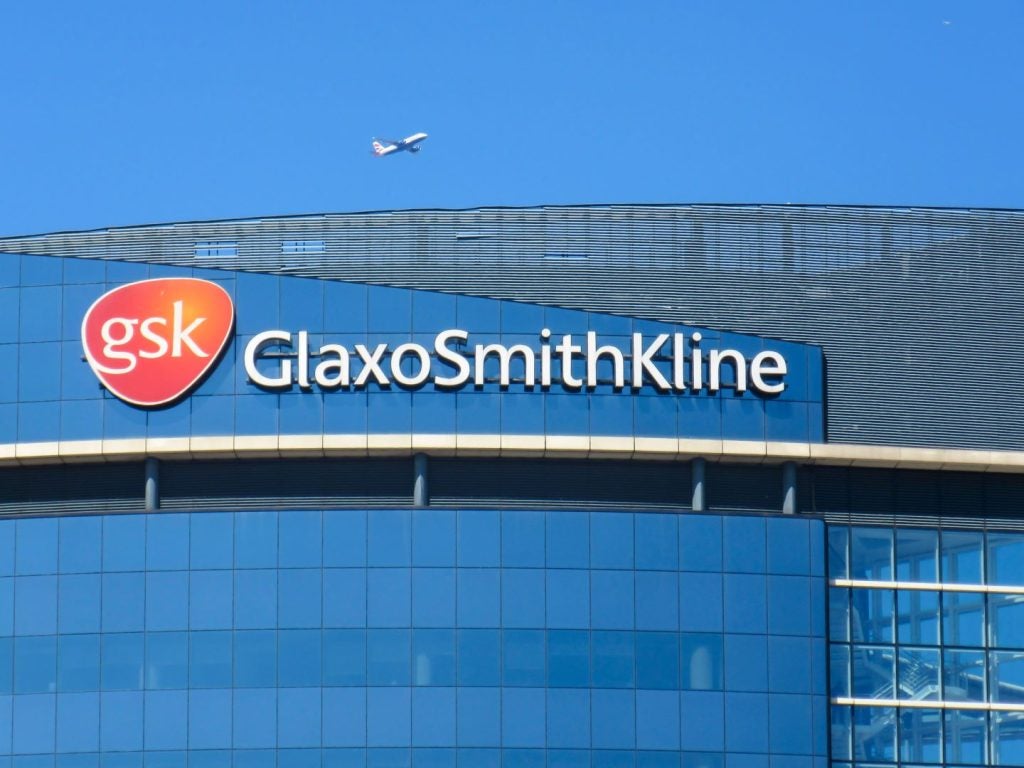Takeda has reported positive topline data from its Phase IIb clinical trial of oral orexin receptor 2 agonist, TAK-861, for treating patients with narcolepsy type 1 (NT1).
Dubbed TAK-861-2001, the trial enrolled 112 subjects with NT1, a chronic, rare neurological central hypersomnolence disorder.
The trial demonstrated a statistically significant and clinically meaningful improvement in both objective and subjective assessments of wakefulness at week eight versus placebo.
On the primary endpoint of the maintenance of wakefulness test (MWT), notable results were reported.
Key secondary endpoints such as the Epworth Sleepiness Scale (ESS) and Weekly Cataplexy Rate (WCR) were also reported to be statistically significant and clinically meaningful.
These results were consistent with the primary endpoint findings.
A substantial number of participants have proceeded to a long-term extension study.
TAK-861 was found to be safe and well tolerated without any treatment linked to serious adverse events observed.
No reports of hepatotoxicity or visual disturbances were observed in the trial or the long-term extension ongoing study so far.
With these promising results, Takeda is preparing to commence global Phase III trials for TAK-861 for NT1 treatment within the first half of fiscal year 2024, following discussions with global health authorities.
However, the company has decided not to advance TAK-861 for narcolepsy type 2 (NT2), another type of narcolepsy, at present.
It is currently analysing data to determine the future course of action for various orexin agonists in people with normal orexin neuropeptide levels such as NT2 and other indications.
Takeda Neuroscience Therapeutic Area Unit head and Global Development head Sarah Sheikh said: “We are thrilled to announce these clear and compelling results from the TAK-861 trial in narcolepsy type 1 that allows us to rapidly initiate Phase III trials this year as we work to deliver a medicine to patients that could address the underlying pathophysiology of the disease.
“We will continue to apply our deep and growing understanding of orexin biology as we work to develop and deliver transformative treatments to people across a range of indications who could benefit from this mechanism.”
In November last year, the company reported that the Phase IIb trial of TAK-279 in active psoriatic arthritis patients met the primary endpoint.















